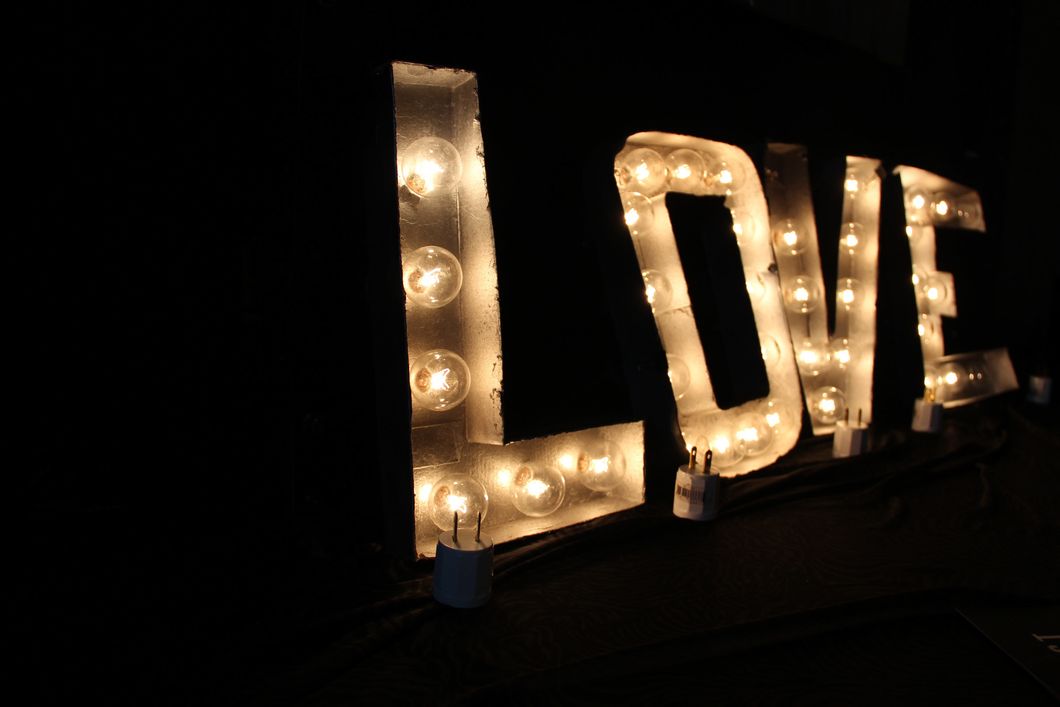Living With A Chronic Illness
From an outside perspective, here is what I learned from people who live with chronic diseases.
Most people wake up in the morning and get ready for their day. For someone who is completely able-bodied, this is one action. When they think about what they do in the morning, they think about "getting ready". It's the same with going out, taking a walk, shopping, anything done in a day to day life. Most people do not have to think about the intricate movements that come about within each general action.
But, there is an entire community of people who do. People with chronic illnesses have to calculate how much energy they can expel on each little action they do to create the general event/movement that most of us don't even need to think about. It is a privilege I did not even think about until I had to. Each tiny action I do has several moving parts. Let's break apart waking up, for example.
Waking up has several parts to it (believe it or not). After your body wakes itself up, you have to open your eyes, some people stretch, move their hands, all before they even start to sit up. Each of these little actions takes energy, energy which some people have limited amounts of throughout the day. I was sent a great explanation of this feeling and day to day life. I am trying to summarize it as best as possible. But this brilliant woman used spoons as a way to equate the energy expended on simple tasks by using the number of spoons she had to each task she did. Opening her eyes was one spoon, sitting up was one spoon, and so on.
As someone who used to kick-box and swim forty hours a week, who goes out all the time, who has the energy to consider getting ready as one simple day to day activity, this concept was kind of hard for me to wrap my head around at first. But, when it comes down to it, it's the way people with chronic illnesses have to live.
Chronic illness can take a toll on almost every part of the body. For some people, chronic illness can cause extreme pain, fatigue, even temporary paralysis. Each daily activity takes away the limited amount of energy the person who has the illness can expend. This means they often have to pick and chose what days to do certain things and have to really listen to their bodies.
The thing I have really started understanding is that chronic illnesses often do not show themselves. You can see a person on the street who looks, walks, and acts like any other completely able-bodied person and they may actually have a chronic illness. Knowing this really opened my eyes to the lack of empathy and understanding people with chronic illnesses and invisible disabilities face every day. Snide comments people get when they park in an accessible spot and have a placard or a license plate for when they can walk are absolutely appalling. I know people who have gotten 'well you don't look disabled so this spot isn't for you' consistently when they do in fact need the closed space to be able to expel as little energy as possible while performing more difficult daily errands for them.
At the end of each day, people with chronic illness have to deal with the 'consequences' (for lack of a better word) of what they have done that day. This could mean extreme pain, over-exhaustion, dehydration, anything along those lines. Chronic illness is not something that most people know about or understand until they really have to. This little bit of education and understanding goes a long way to creating a more empathetic and better future for everyone.


























